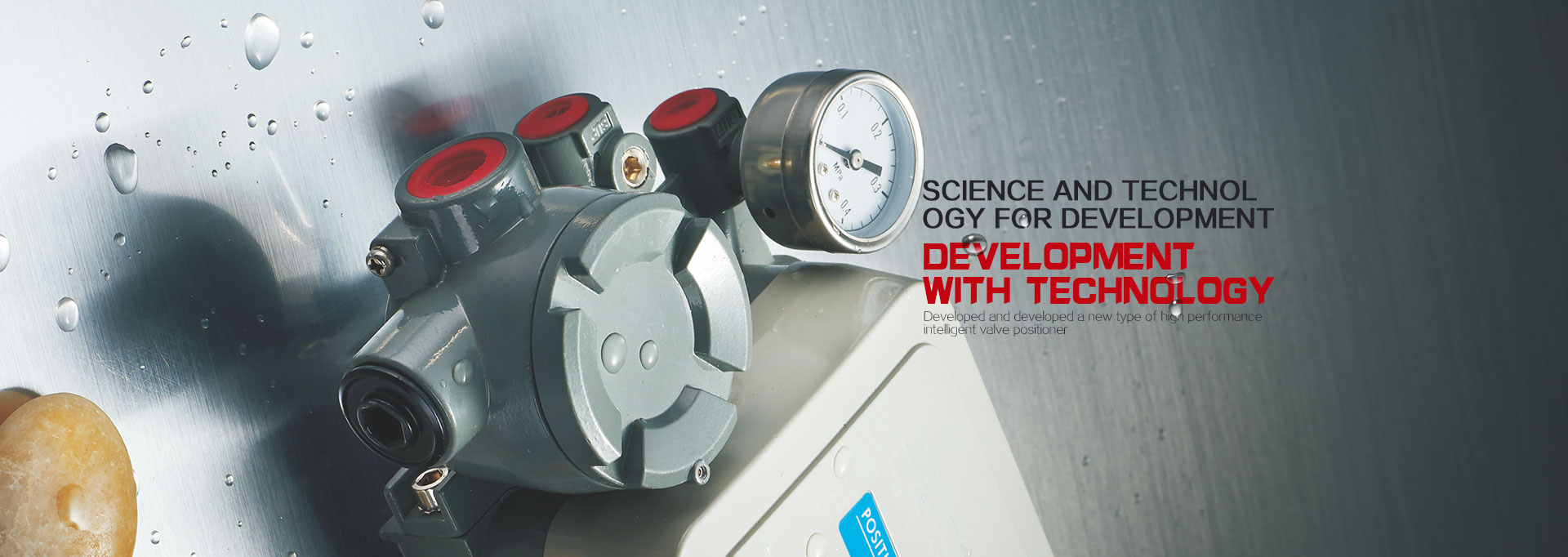Selection criteria for valve positioner
In many control applications, the valve locator is one of the important accessories of the regulator, especially for a specific service, if you want to choose an appropriate (or excellent) valve locator, then the following factors should be considered:
1) can the valve locator split_performance?Is it easy and convenient to implement "splitting"?The "tripping" function means that the valve locator responds only to a range of input signals (e.g., 4 ~ 12mA or 0.02 ~ 0.06MPaG).Therefore, if "triangulation" is possible, two or more regulator valves can be controlled successively according to actual needs with only one input signal contact.
2) is the adjustment of zero point and range easy and convenient?Is it possible to adjust zero and range without opening the lid?But it's important to note that sometimes this kind of arbitrary tuning needs to be banned in order to avoid incorrect (or illegal) practices.
3) what is the stability of zero and range?If the zeros and ranges tend to drift with temperature, vibration, time, or input pressure, the valve positioner needs to be recaliberated frequently to ensure that the stroke of the regulator is correct.
4) how accurate is the valve locator?Ideally, Trim Parts (Trim Parts, including spool, stem, seat, etc.) should be precisely located in the desired position each time for a given input signal, regardless of the direction of travel or the load on the regulator internals.
5) what are the air quality requirements of valve positioner?Since only a very small number of air supply devices can provide air that meets the requirements of the ISA standard (the air quality standard for instruments: ISA standard F7.3), for pneumatic (or electric-gas) applications,
Valve positioner, if it is to withstand the test of the real environment, must be able to withstand a certain amount of dust, moisture and oil.







